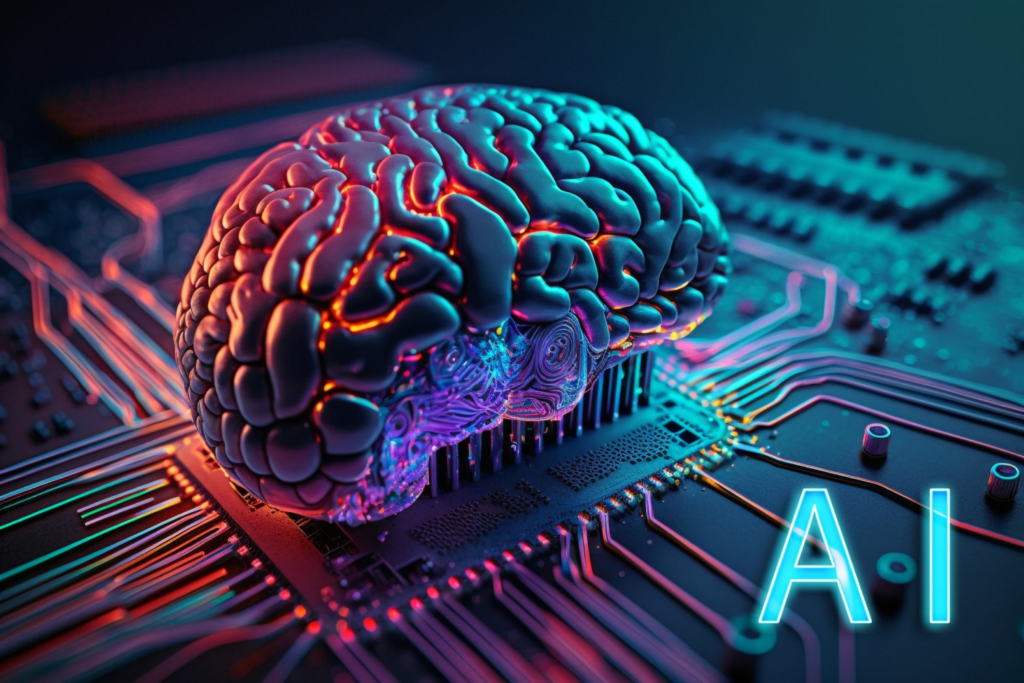
Artificial intelligence (AI) is revolutionizing the legal profession by transforming traditional practices, enhancing efficiency, and providing innovative solutions. From automating routine tasks to assisting in complex legal analyses, AI is reshaping how law firms operate and deliver services. This article explores the significant impacts of AI on the legal sector, including its role in legal research, document creation, compliance, and strategic decision-making.
AI-Powered Legal Research
Traditionally, legal research is a time-consuming process that involves sifting through vast amounts of case law, precedents, and statutes. AI tools have significantly streamlined this process by analyzing large datasets in minutes, identifying relevant information, and summarizing findings. Generative AI takes this a step further by generating briefings and case summaries, reducing hours of work into mere minutes.
Legal Document Creation and Automation
Contract drafting, legal forms, and agreements are fundamental components of legal practice. AI-driven tools can automate much of this process using predefined templates to generate precise, consistent, and compliant documents. This automation not only reduces human error but also frees up lawyers to focus on more strategic matters.
Ensuring Legal Compliance and Reducing Risk
As regulations become increasingly complex, ensuring compliance can be overwhelming for legal teams. AI tools assist by cross-referencing contracts and documents against a changing regulatory landscape. AI-powered monitoring tools alert legal teams to new legislative changes, helping firms stay ahead of compliance risks and reduce the likelihood of costly non-compliance issues.
Fostering Innovation in Legal Strategy
AI’s capacity to process and analyze enormous amounts of data offers a significant advantage in uncovering trends, patterns, and new precedents. Law firms can use these insights to craft innovative, data-driven legal strategies that provide a competitive edge in complex cases. By leveraging AI to unlock deeper insights from case data, firms can offer more tailored and strategic legal solutions to clients.
Establishing AI Legal Teams
Many law firms are establishing dedicated teams to understand and evaluate AI tools internally. These teams focus on areas such as privacy and data security, business and tort litigation, and intellectual property law. The integration of legal AI is not only about efficiency but also about addressing emerging legal challenges related to AI itself.
The Future of AI in Law
As AI continues to evolve, its role in the legal profession is expected to expand. From predictive modeling tools used in judicial decisions to AI-powered legal education, the technology is set to play a larger role in legal decision-making processes. However, legal professionals must remain vigilant about potential biases and ethical considerations when using AI tools.




